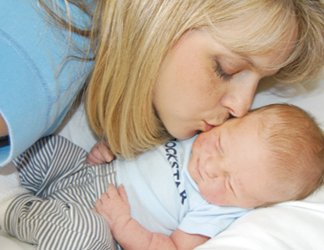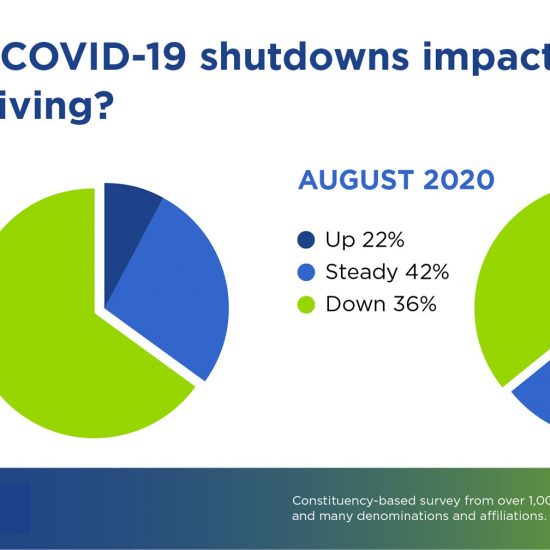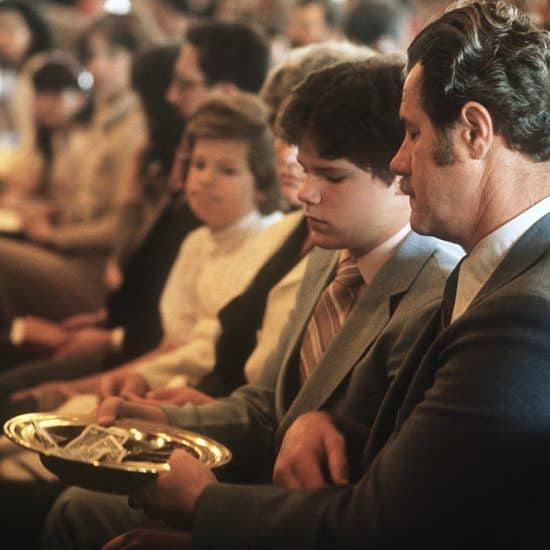(Editor's note: February is American Heart Month.)
"For better or for worse." When Brad and Connie Ricklefs exchanged those vows in 2007, they had no idea "worse" would come far too soon.

Connie Ricklefs kisses her newborn son, Abram. She and the baby were healthy following his birth on June 18, 2011. But just five days later, Connie nearly died after suffering a rare heart attack and had to undergo emergency open-heart surgery. (Ricklefs family photo)
|
On June 18, 2011, Connie entered the hospital to give birth to her third child. Connie, a high-risk pregnancy because of previous complications with her daughters' births, sailed through the birth of her son, Abram. All was well, and mother and baby went home on schedule.
It would be the last time Connie would leave a hospital with a newborn.
Just five days after giving birth to a healthy baby boy, Connie found herself in and out of consciousness in the emergency room at Liberty Hospital being prepared for open-heart surgery.
A rare tear in a coronary artery had made the healthy 37-year-old mother of three suffer a heart attack — one so rare in her case that at first the doctors didn't know what had happened.
"They were asking me if I drank or smoked and stuff like that," Connie said. "But I had no known reasons for having the heart attack."
In fact, when she first started experiencing symptoms, she thought it was a panic attack. After all, she was stressed out after returning home from having baby Abram and adjusting to three children, and being hostess to friends and family who visited in the first week.
"I first felt the pain in my chest and I told my husband I thought I was having a panic attack," she recalled. "Then it started going down my arm, and I felt nauseous and faint. Even so, I still just thought I had overdone it and just needed to lie down."
Fortunately, her husband, Brad, sought her mother's advice. Sharon Morrison of Kearney was in their kitchen that night helping with dinner. Sharon instantly said this was no panic attack and to call 9-1-1.
"I even had the paramedics convinced it was a panic attack," Connie said. "They didn't even run the lights and sirens."
But she and her husband soon realized her condition was far worse than anyone expected.
"I remember coming to and hearing the doctors saying to book a room in ICU, and I said I'm nursing, and they said 'not anymore,'" Connie said.
"I asked if I could have more children, and they told me no. I remember tears coming and asking if I was going to die, and they said they were trying to keep that from happening."
It all happened so fast, Brad said. A stent wasn't working. The heart surgeon was called. Connie was wheeled in for open-heart surgery. "It hit me then that I might never see her alive again," he said.
"As they were prepping the OR (operating room), I got beside Connie and just started praying. Everybody stopped what they were doing. We all felt the seriousness of the situation."
Their prayers and those of their family and friends sustained them during this crisis and her recovery. "I remember repeating Jeremiah 29:11 and telling the nurse that I've been here (in a crisis) before with my oldest daughter's birth," Connie said. "I repeated that verse then, and I just started repeating it again and again."
Connie is now one of only a few survivors of what is known as SCAD — Spontaneous Coronary Artery Dissection — a condition so rare, there are only about 300 diagnosed cases, and of those, only half survived. It's believed to be more common in women, primarily postpartum women, but very little is known about it. She is preparing to participate in a Mayo Clinic study on SCAD.
It's been a long recovery process — one she still lives every day. The Ricklefs family has a new normal. But Connie wouldn't trade it for anything.
"The little things are what really hit me as being so special," she said. "Watching Miah [2-year-old] get so excited about Christmas lights, I realized I would have missed that. And even when things are all hectic and every kid needs something at the same time, I feel overwhelmed with blessing because this is my crazy life, these are my kids, and I love them, and I get to be here with them."
Both said it was a total life change for them to have to rely so much on their family and friends.
For six weeks immediately after the surgery, Connie couldn't drive, lift the baby or take care of the house as usual.
In addition to their parents and other relatives, their Community Group [Sunday School class] and other friends from Pleasant Valley Baptist Church in Liberty rallied to provide meals, housekeeping, babysitting and more to help the family keep things going through the summer.
"It's a weird feeling to have caregivers for you instead of being a caregiver," Connie said. "I have been a provider and caregiver all my life, and all of a sudden, that role was not there. I needed help."
Everything physically, financially and psychologically is different, including their decision not to have any more biological children. "The health risk is just too great," she said. "I didn't want my children not to have a mom.
"I can look back and see how God has pulled me through difficult times before — that, to me, is what faith is," she said. "Because of that foundation, I will get through this."
For more information about SCAD, visit spontaneouscoronaryarterydissection.com .



